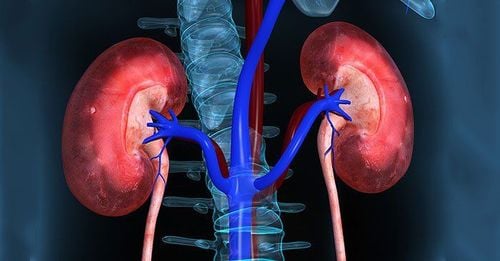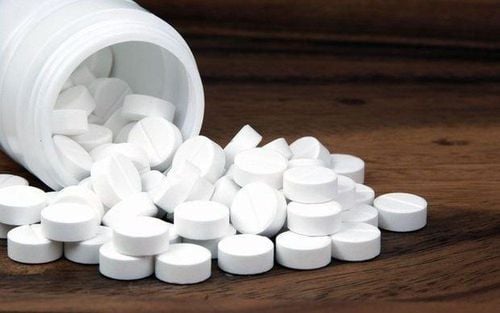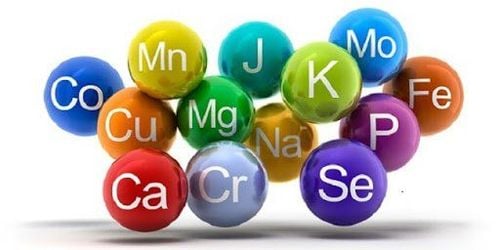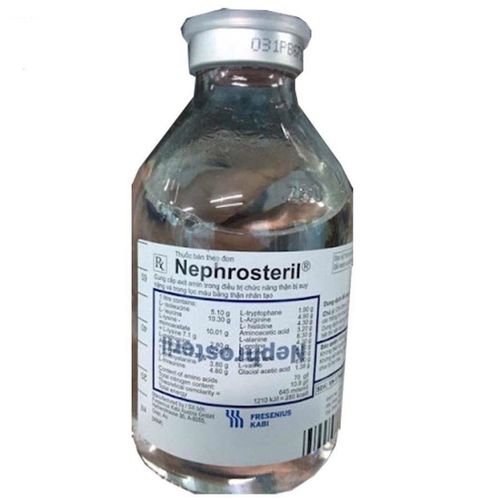This is an automatically translated article.
Acute kidney failure is a serious disease with a high risk of death. However, if the patient has acute renal failure, the patient is promptly and properly resuscitated, the patient's kidney function has a chance to fully recover.1. What is acute renal failure in resuscitation?
Acute renal failure is a condition in which the patient has a urine volume of less than 0.5ml/kg/hour for more than 6 hours, and the plasma creatinine concentration is increased by 0.5 mg/dl or more than 50% above the normal value (> 130 μg/l) in a person with previously normal renal function. The glomerular filtration rate decreases rapidly, causing temporary collapse and loss of function on both sides of the kidney. As a result, stagnation of nitrogen metabolites, water, electrolyte, and acid-base balance are disturbed.Acute kidney failure is a serious disease, common in the community and also in inpatients in the hospital, the patient has a high risk of death, so the disease needs to be detected promptly and resuscitated. Active research, close monitoring.
When suffering from acute kidney failure, early detection and diagnosis of the disease is very important to save the patient's life because although many modern treatment methods are currently applied, including hemodialysis, the rate The mortality rate remains at 20-40%. In the previous classic literature, acute renal failure was diagnosed based on:
Causes of acute renal failure Oliguria, anuria Urea and creatinine levels increased after anuria, acidosis, and hyperkalemia 4. The clinical stage of the disease and the histopathological biopsy image of the kidney The diagnosis according to the classical criteria has many limitations, firstly, it gives slow diagnosis results, misses the opportunity for early treatment of patients. patient. Second, the cases of patients with acute renal failure but not oliguria or anuria will be missed.

Suy thận cấp là một bệnh lý nặng, hay gặp trong cộng đồng
2. What are the causes of acute kidney failure?
There are many causes of acute renal failure in resuscitation. Based on the pathogenesis, they can be divided into three main groups:2.1 Prerenal causes Including causes of decreased blood flow to the kidney, thereby reducing filtration pressure. in glomeruli such as:
Decrease in circulating volume: Blood loss due to gastrointestinal bleeding, trauma; Intravascular fluid loss due to burns, peritonitis, intestinal obstruction, acute pancreatitis, cirrhosis, diarrhea, vomiting, nephrotic syndrome, acute rhabdomyolysis. Due to renal vein occlusion, renal vein spasm, renal artery stenosis, renal atherosclerosis. Due to infection, use of prostaglandins or ACE inhibitors,.. 2.2 Renal causes Renal tubules are damaged due to anemia, nephrotoxic side effects of some drugs (such as aminosides, amphotericin B, cisplatin, ...), due to complications during pregnancy (eclampsia, uterine bleeding), due to infection Interstitial nephritis: Due to bacterial, viral, fungal infections or as a side effect of some drugs such as diuretics ( thiazides, furosemid), NSAIDs, ACE inhibitors, some antibiotics such as penicillins, quinolones, cephalosporins,... Glomerular diseases: Goodpasture syndrome, Wegener's vasculitis, malignant hypertension , hemolytic uremic syndrome, caused by some nephrotoxic drugs such as Amphotericin B, Cisplatin,... 2.3 Post-renal causes Renal obstruction due to stones, blood clots, papillary necrosis Renal tubular obstruction due to calcium oxalate , acyclovir, methotrexate, uric acid,... Ureteral obstruction due to ureteral stone, uterine tumor, urethral tumor, bladder,... Urethral obstruction due to urethral spasm, bladder tumor, disease Italian prostate

Khi bị suy thận cấp, việc phát hiện, chẩn đoán bệnh sớm có ý nghĩa rất quan trọng
3. Clinical course of acute renal failure in resuscitation
Acute kidney failure will progress through 4 typical stages.Stage 1: Occurs in the first 24 hours, the patient feels tired, nausea, chest pain, shortness of breath, urine output gradually less or anuria. In addition, the patient also shows symptoms of causes of acute kidney failure such as infection, poisoning or dehydration. If detected early and treated properly and promptly in this stage, the disease will not progress to the next stage.
Stage 2 is the full-blown stage with severe symptoms and complications, the patient may die.
Oliguria, anuria, blood creatinine edema, blood urea increased rapidly Electrolyte disturbances, hyperkalemia Signs of metabolic acidosis, decreased pH, HCO3, anion gap. Stage 3 As the stage of urination again, the patient has a urine volume of 200-300ml/24 hours, then gradually increases 4-5 liters/24 hours. During this period, the patient is at risk of dehydration due to frequent urination, potassium, blood urea still increase.
Stage 4 The patient recovers, the recovery time is 2-6 weeks depending on the cause, the average is 4 weeks.
4. Prevention of acute kidney failure
Periodic health checkup, or going to the doctor when you have abnormal health signs, early detection and treatment can help your kidneys recover completely. Good treatment of chronic diseases such as hypertension, diabetes, heart failure, prostate cancer,... these diseases have the risk of affecting kidney function, thus controlling chronic diseases well Calculation is a way to help prevent kidney disease. Use medicines in the correct dosage and instructions of medical staff. Inform your doctor if you have liver or kidney problems so that the dose can be adjusted to avoid the risk of an overdose and increase the side effects of the drug. In elderly patients, pre-existing kidney disease, chronic comorbidities such as diabetes, liver failure, hypertension, multi-organ failure, trauma.. in acute renal failure, the prognosis will be severe and more difficult to treat. Therefore, before surgery, it is necessary to prevent acute renal failure for the patient, provide adequate fluid and control blood pressure well during surgery. To register for examination and treatment at Vinmec International General Hospital, you can contact Vinmec Health System nationwide, or register online HERE.MORE:
Symptoms of kidney failure in men Polycystic kidney: Early detection, avoid kidney failure Acute kidney failure has a high mortality













